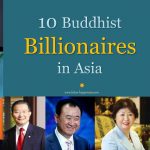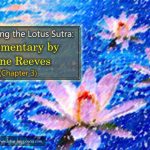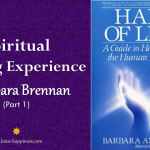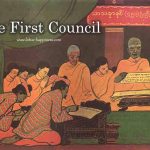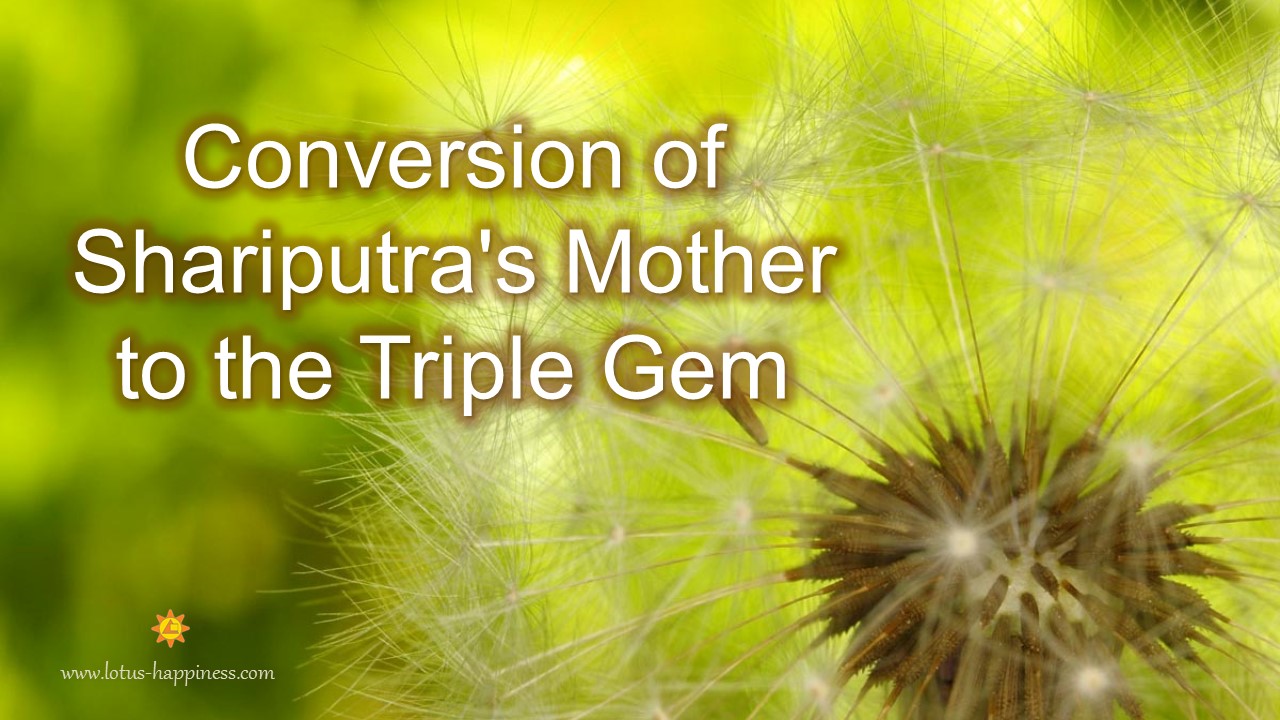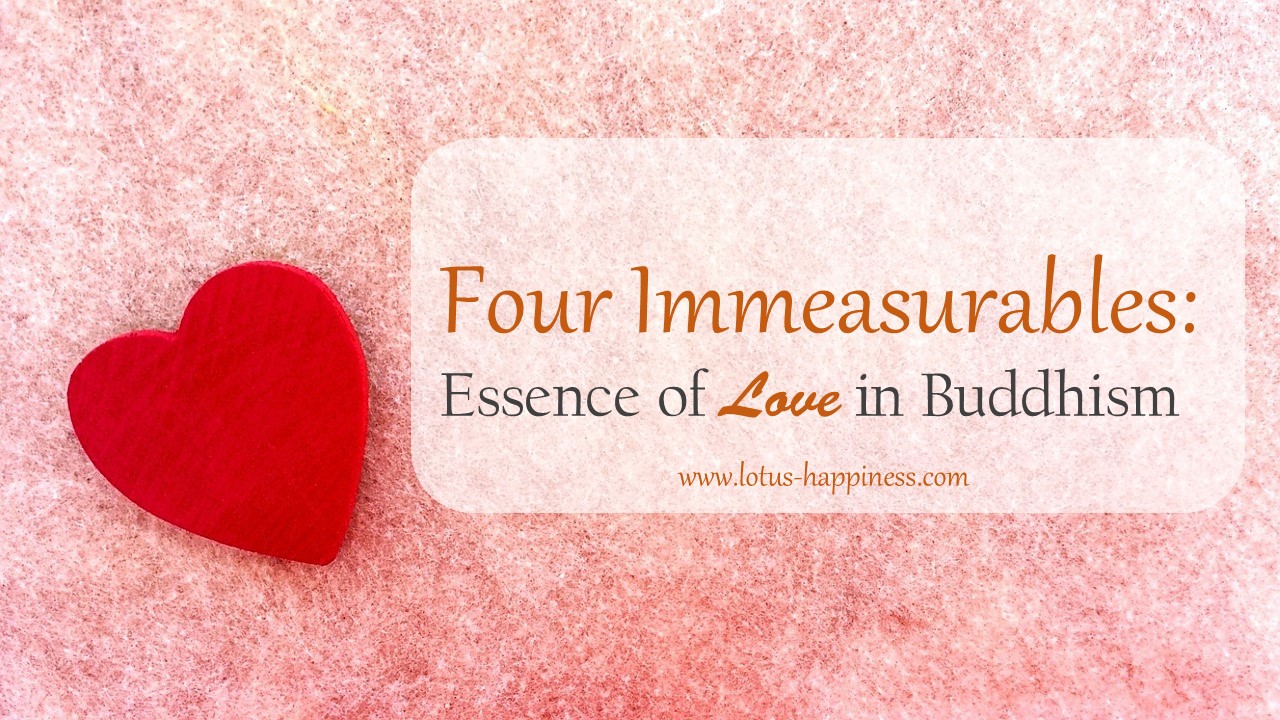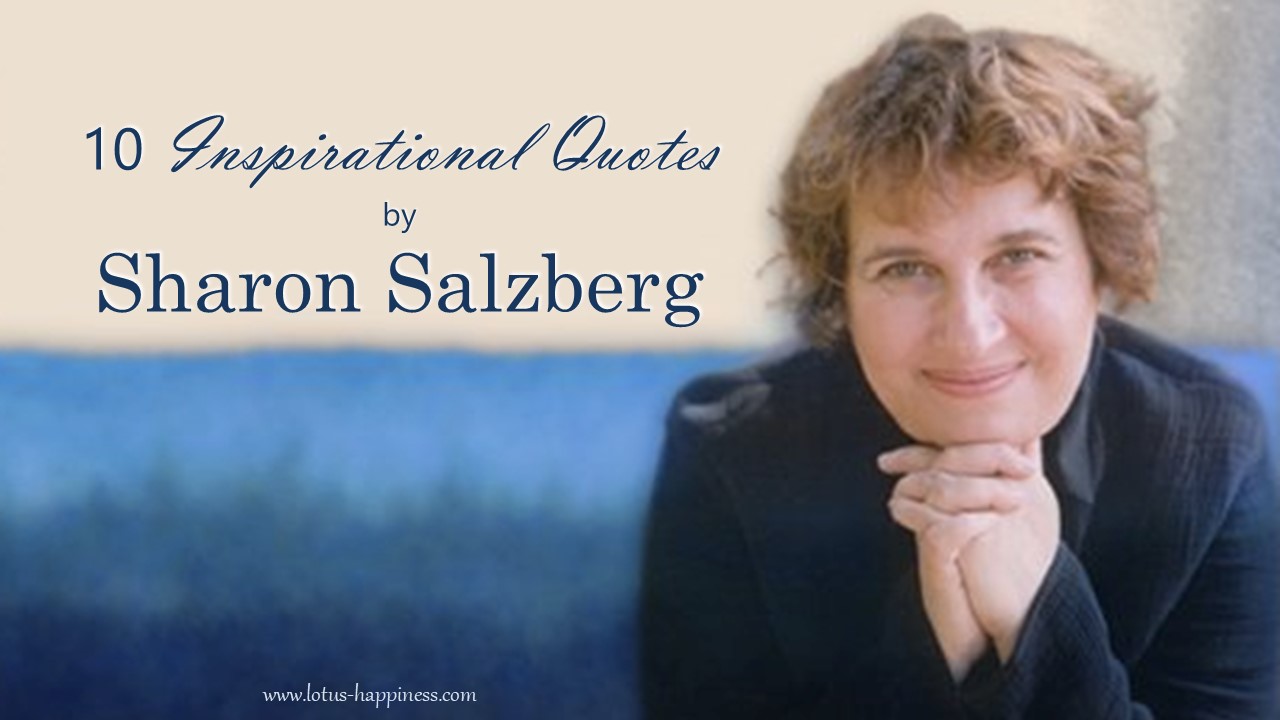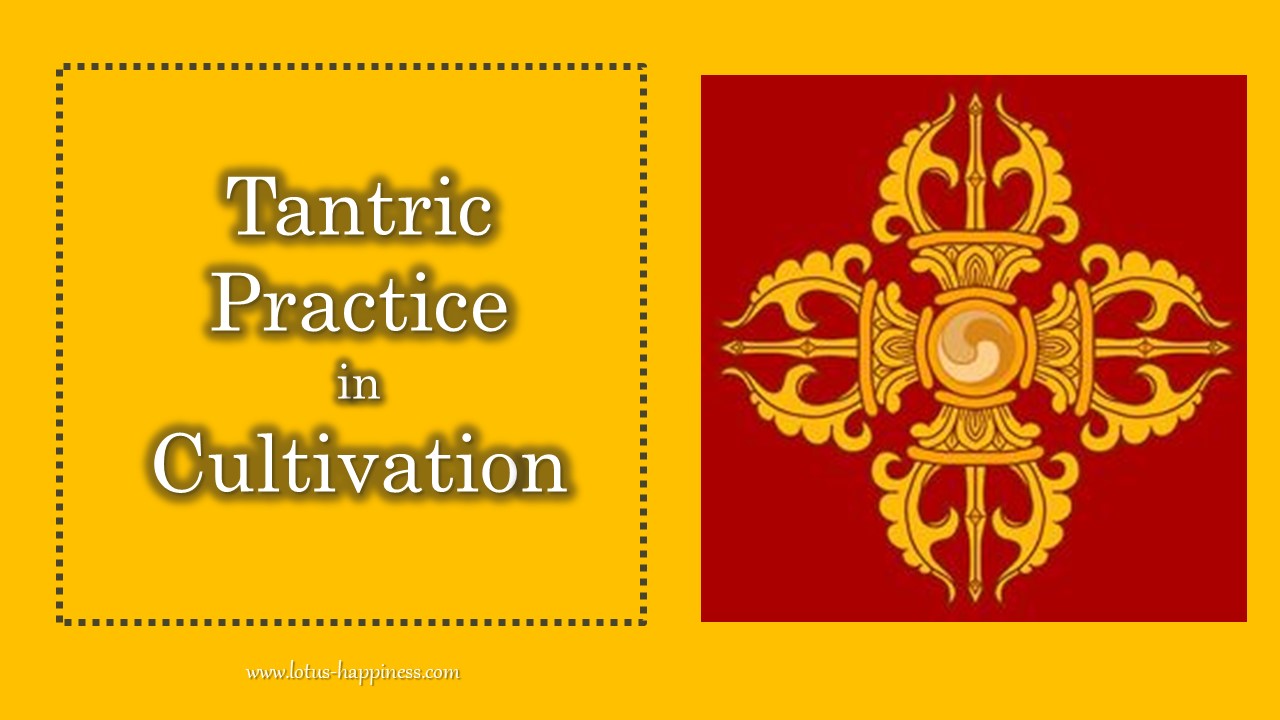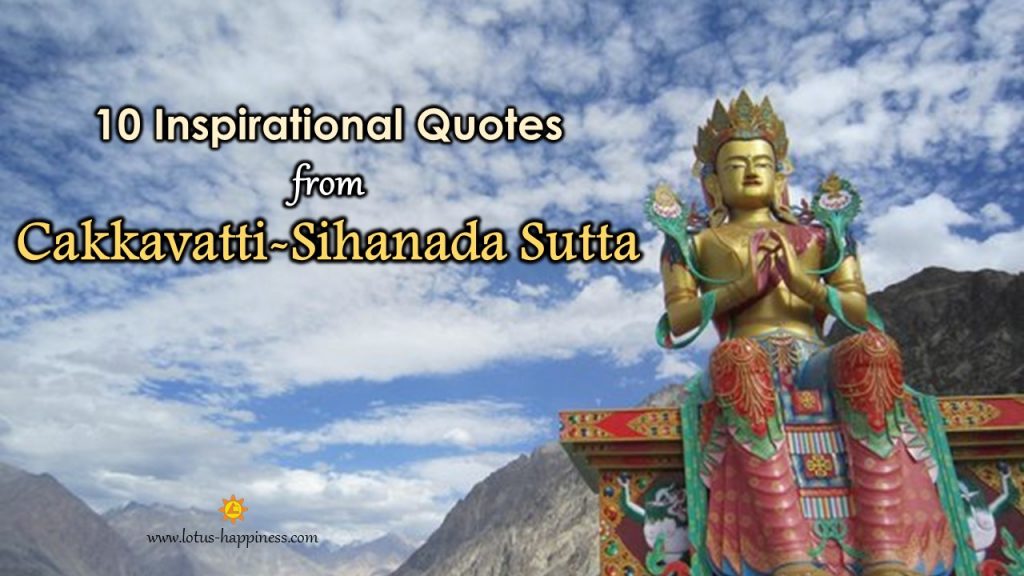
10 Inspirational Quotes from Cakkavatti-Sihanada Sutta
Cakkavatti-Sihanada Sutta, which means The Discourse on the Lion-roar of the Wheel-turner, is considered as one of the most important suttas in the Pali Canon. Why is this so? Because it is the only sutta in the Theravada traditions that the Buddha expounds the future appearance of Maitreya Buddha. This is significant because it becomes the link that bridges the Theravada teachings to that of Mahayana’s.
When it comes to the prediction of Buddha Maitreya as the future Buddha, what are the differences between Cakkavati-Sihanada Sutta and the Lotus Sutra? In Cakkavatti-Sihanada Sutta, Shakyamuni Buddha himself reveals the name of his next successor who is Maitreya Buddha. In the Lotus Sutra, it is Bodhisattva Manjushri who declares that Bodhisattva Maitreya will be the next Buddha.
Knowing who is the next Buddha is crucial especially for people who have yet to practice the Law of Buddhahood as expounded in the Lotus Sutra. Simply by knowing the name Buddha Maitreya enables one to encounter and practice the Dharma under the guidance of Buddha Maitreya in future.
Here are the 10 inspirational quotes from Cakkavati-Sihanada Sutta:
#1 – Have a Self-Reliant Spirit, Let the Dharma be Your Teacher
“Monks, be islands unto yourselves, be a refuge unto yourselves with no other refuge. Let the Dhamma be your island, let the Dhamma be your refuge, with the Dhamma as his island, with the Dhammas as his refuge, with no other refuge. – Cakkavatti-Sihanada Sutta
#2 – The Duty of a Wheel-turning Monarch
“‘But what, sire, is the duty of an Ariyan wheel-turning monarch?’ ‘It is this, my son: Yourself depending on the Dhamma, honoring it, revering, cherishing it, doing homage to it and venerating it, having the Dhamma as your badge and banner, acknowledging the Dhamma as your master, you should establish guard, ward and protection according to Dhamma for your own household, your troops, your nobles and vassals, for Brahmins and householders, town and country folk, ascetics and Brahmins, for beasts and birds. Let no crime prevail in your kingdom, and to those who are in need, give property. And whatever ascetics and Brahmins in your kingdom have renounced the life of sensual infatuation and are devoted to forbearance and gentleness, each one taming himself, each one calming himself and each one striving for the end of craving, if from time to time they should come to you and consult you as to what is wholesome and what is unwholesome, what is blameworthy and what is blameless, what is to be followed and what is not to be followed, and what action will in the long run lead to harm and sorrow, and what to welfare and happiness, you should listen, and tell them to avoid evil and do what is good. That, my son, is the duty of an Ariyan wheel-turning monarch.’ – Cakkavatti-Sihanada Sutta
#3 – Practice the Virtuous Path
‘It is through having taken to wholesome practices that we have increased in life-span and beauty, so let us perform still more wholesome practices. Let us refrain from taking what is not given, from sexual misconduct, from lying speech, from slander, from harsh speech, from idle chatter, from covetousness, from ill-will, from wrong view; let us abstain from three things: incest, excessive greed, and deviant practices; let us respect our mothers and fathers, ascetics and Brahmins, and the head of the clan, and let us persevere in these wholesome actions.’ – Cakkavatti-Sihanada Sutta
#4 – Prediction of Buddha Maitreya as the Next Buddha
“And in the time of the people with an eighty thousand-year life-span, there will arise in the capital city of Ketumari a king called Sankha, a wheel-turning monarch, a righteous monarch of the law, conqueror of the four quarters.And in that time of the people with an eighty thousand-year life-span, there will arise in the world a Blessed Lord, an Arahant fully-enlightened Buddha named Metteyya, endowed with wisdom and conduct, a Well-Farer, Knower of the worlds, incomparable Trainer of men to be tamed, Teacher of gods and humans, enlightened and blessed, just as I am now. He will thoroughly know by his own super-knowledge, and proclaim, this universe with its devas and maras and Brahmas, its ascetics and Brahmins, and this generation with its princes and people, just as I do now. He will teach the Dhamma, lovely in its beginning, lovely in its middle, lovely in its ending, in the spirit and in the letter, and proclaim, just as I do now, the holy life in its fullness and purity. He will be attended by a company of thousands of monks, just as I am attended by a company of hundreds. – Cakkavatti-Sihanada Sutta
#5 – The Importance of Having a Suitable Environment to Practice the Dharma
“Keep to your own preserves, monks, to your ancestral haunts. If you do so, your life-span will increase, your beauty will increase, your happiness will increase, your wealth will increase, your power will increase. – Cakkavatti-Sihanada Sutta
Note: Ancestral haunts (gocare) means a suitable place such as a monastery, temple, or any quiet place.
#6 – The Meaning of Lifespan
“And what is length of life for a monk? Here, a monk develops the road to power which is concentration of intention accompanied by effort of will, the road to power which is concentration of energy…, the road to power which is concentration of consciousness…, the road to power which is concentration of investigation accompanied by effort of will. By frequently practicing these four roads to power he can, if he wishes, live for a full century, or the remaining part of a century. That is what I call length of life for a monk.
#7 – The Meaning of Beauty
“And what is beauty for a monk? Here, a monk practices right conduct, is restrained according to the discipline, is perfect in behavior and habits, sees danger in the slightest fault, and trains in the rules of training he has undertaken. This is beauty for a monk. – Cakkavatti-Sihanada Sutta
#8 – The Meaning of Happiness
“And what is happiness for a monk? Here, a monk, detached from seven-desires…enters the first jhana,…the second, third, fourth jhana,…purified by equanimity and mindfulness. This is happiness for a monk. – Cakkavatti-Sihanada Sutta
#9 – The Meaning of Wealth
“And what is wealth for a monk? Here, a monk, with his heart filled with loving-kindness, dwells suffusing one quarter, the second, the third, the fourth. Thus he dwells suffusing the whole world, upwards, downwards, across–everywhere, always with a mind filled with loving-kindness, abundant, unbounded, without hate or ill-will. Then, with his heart filled with compassion,…with his heart filled with sympathetic joy,…with his heart filled with equanimity,…he dwells suffusing the whole world, upwards, downwards, across, everywhere, always with a mind filled with equanimity, abundant, unbounding, without hate or ill-will. That is wealth for a monk. – Cakkavatti-Sihanada Sutta
#10 – The Meaning of Power
“And what is power for a monk? Here, a monk, by the destruction of the corruptions, enters into and abides in that corruptionless liberation of heart and liberation by wisdom which he has attained, in this very life, by his own super-knowledge and realization. That is power for a monk. – Cakkavatti-Sihanada Sutta
Source: Cakkavatti Sutta

